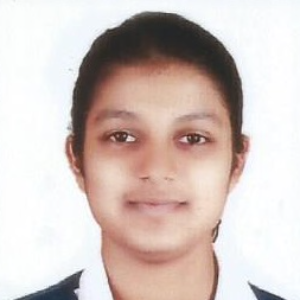Abstract:
Introduction: Dengue virus is neurotropic. Encephalopathy is most common neurological syndrome (0.5-6%) and its prevalence is higher in children and adolescents.1 HLH is caused by mutations in genes responsible for production of cytotoxic T cells & NK cells. These are used to kill cells infected with pathogens like EBV or dengue virus.2
Case description: 17-year-old adolescent presented with acute history of fever, vomiting & pain abdomen. On assessment: conscious, oriented with tenderness in right hypochondrium (Hepatomegaly with span= 7.5 cm)with shock. Considering Viral Haemorrhagic Fever in shock -resuscitated with fluid boluses and continued per protocols with supportive measures. Diagnosis of Dengue shock syndrome confirmed via labs. Persistent shock requiring 4 inotropes. Electively intubated within 12hours for progressive deterioration, respiratory distress & sedated. Metabolic acidosis corrected. 2D ECHO showed Mild TR. 3rd space loss noted on scans. Deranged coagulation profile- correction given. Also noted to have AKI (stage 2)- managed with fluids & diuretic- gradually worsened requiring dialysis. Splenomegaly noted during course progression. Liver functions were highly deranged and Ischemic hepatitis considered. COVID-19 antibodies reactive with raised inflammatory markers- hence considering MIS-C- pulse dose Methylprednisolone given. CT brain- normal, Repeat ECHO: mild pericardial effusion with Mild TR. 5/8 diagnostic criterias Positive for HLH. Serial Chest X-Rays showed ARDS picture. Serial LFTs: gradually improvemed but encephalopathy worsened and AKI progressed to stage 3. Plasmapheresis planned but parents restrained(financial reasons). EEG done for worsening sensorium& unresponsiveness: low amplitude beta activity- suggestive of severe encephalopathy. Apnoea test positive & calorie test- no response (significant signs of brain death). Despite all measures the adolescent succumbed by day 7.
Discission: Morbidity higher in dengue-related HLH as compared to dengue alone.3 Dengue-associated HLH can be treated by targeting the underlying cause. Due to anti-inflammatory effect, pulse dose glucocorticoids used in treatment of dengue-associated HLH.4 HLH should be considered in differential diagnosis of children and adults with symptoms of persistent fever, hepatosplenomegaly and cytopenia to avoid morbidities & mortalities. Loss of any life costs the whole family.




